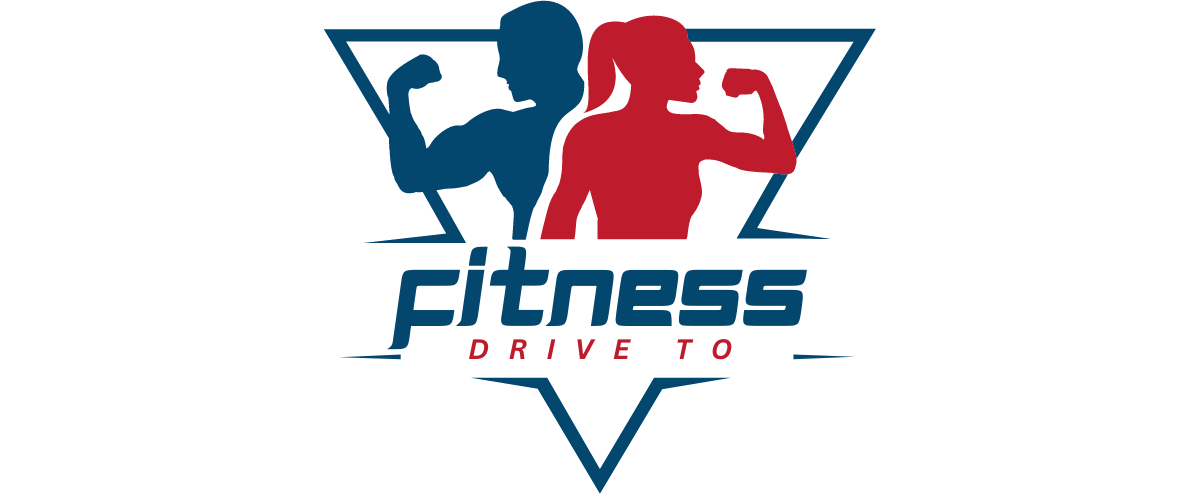Finding Your Motivation
Embarking on a fitness journey often begins with identifying the right motivators that can ignite and sustain your drive. Personal reasons for pursuing fitness vary widely and can include enhancing overall health, boosting self-esteem, achieving specific physical goals, or managing stress. For many, the prospect of improved physical health—like increased cardiovascular endurance, better muscle tone, or enhanced flexibility—serves as a compelling incentive. Boosting self-esteem through fitness can also be highly impactful, as regular exercise and physical achievement foster a positive self-image.
Beyond the physical aspects, psychological factors play a critical role in maintaining motivation. Setting realistic goals is paramount; goals that are achievable and incrementally progressive help create a sense of accomplishment that fuels continued effort. Finding a fitness role model can also be inspiring. This could be a well-known athlete, a friend, or even a family member whose achievements resonate with your own fitness aspirations. Additionally, the satisfaction that comes from tracking progress should not be underestimated. Whether it’s through digital apps, fitness journals, or visual documentation, seeing tangible evidence of your improvement can be incredibly motivating.
External factors also significantly influence motivation. Community support, whether it’s a workout buddy, a fitness group, or an online community, provides social interaction and accountability, making the fitness journey a shared experience rather than a solitary endeavor. Engaging in fitness challenges—such as running a certain distance within a set time or completing a specific number of workouts per month—can provide structured and exciting goals to strive for. Social media trends, too, can serve as a source of inspiration, with countless fitness influencers and experts sharing workouts, nutritional advice, and motivational content.
To harness your personal motivation for long-term commitment, it is crucial to align your fitness goals with your deeper values and interests. Reflect on what truly matters to you and set goals that resonate with those values. Incorporate activities you genuinely enjoy to make the process fulfilling rather than burdensome. Finally, regularly revisiting and adjusting your goals as you progress ensures continued engagement and persistent drive toward your fitness aspirations.
Building a Sustainable Routine
Establishing a fitness routine that aligns with one’s lifestyle and goals is pivotal for long-term success. A well-rounded plan should incorporate a variety of exercises, such as strength training, cardiovascular workouts, and flexibility exercises, while also including essential rest days. Such a balanced approach not only prevents monotony but also targets different aspects of physical health, ensuring comprehensive fitness benefits.
Beginning with small, manageable workouts is crucial. Starting slow allows the body to adapt without the risk of burnout or injuries. Gradually increasing the intensity and duration of workouts will help in building endurance and strength. Over time, this progressive approach ensures steady improvement and sustained motivation.
Time management is another critical component of a sustainable fitness routine. Allocating specific times for workouts, much like any other important appointment, helps in consistently dedicating time to fitness. Additionally, selecting activities that are enjoyable increases the likelihood of maintaining the routine. Whether it’s a preference for jogging, yoga, cycling, or dancing, finding joy in the activity can transform workouts from a chore to a rewarding part of the day.
Utilizing available resources can further support the fitness journey. Gyms offer a variety of equipment and classes, while online platforms provide workout videos and virtual coaching, catering to different preferences and schedules. For those favoring the flexibility of home workouts, investing in basic home equipment like dumbbells, resistance bands, or a yoga mat can be beneficial.
Challenges and setbacks are an inevitable part of any fitness journey. Adaptability is key to overcoming these obstacles. Whether it’s modifying routines to address injuries or adjusting plans to accommodate busy schedules, the ability to be flexible ensures continuity. Consistency and discipline remain the foundation of achieving long-term fitness goals. Establishing a routine rooted in balance, enjoyment, and adaptability can significantly enhance the likelihood of sustaining and progressing in one’s wellness journey.
